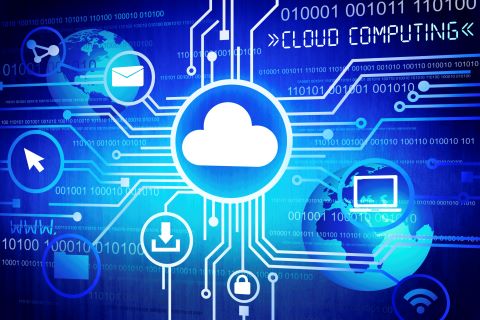 Epidemiology and public health are no longer possible without large data bases and expertise in developing and using software to query them. Real-time and continuous data acquisition and analysis are increasingly essential for the success of surveillance and tracking initiatives, and for work in noncommunicable disease monitoring and analysis.
Epidemiology and public health are no longer possible without large data bases and expertise in developing and using software to query them. Real-time and continuous data acquisition and analysis are increasingly essential for the success of surveillance and tracking initiatives, and for work in noncommunicable disease monitoring and analysis.
Although the past quarter century has seen solid progress in the identification and elaboration of ethical issues in epidemiology and public health, it has neglected the importance of computer and information processing technology in eliciting and shaping those issues. From the privacy of individuals and groups and trade-offs to improve public health, to the challenging distinction between surveillance and research and the controversial concept of “secondary use,” public health informatics is coming of age as a source of interesting and important ethical issues.
The issues are magnified in complexity and importance in international contexts, as for instance when trans-national data bases are linked or national ones concatenated. Thorny ethical issues will not be resolved by advocacy or the exercise of authority.
UM Bioethics Institute faculty have contributed to efforts to address these issues in the the following:
- Goodman KW, Meslin EM. Ethics, information technology and public health: Duties and challenges in computational epidemiology. In Magnuson, JA, Fu, PC, eds., Public Health Informatics and Information Systems, Second Edition, London: Springer-Verlag, 2014, 191-209 (wholly revised from 1st Ed., 2003).



 Epidemiology and public health are no longer possible without large data bases and expertise in developing and using software to query them. Real-time and continuous data acquisition and analysis are increasingly essential for the success of surveillance and tracking initiatives, and for work in noncommunicable disease monitoring and analysis.
Epidemiology and public health are no longer possible without large data bases and expertise in developing and using software to query them. Real-time and continuous data acquisition and analysis are increasingly essential for the success of surveillance and tracking initiatives, and for work in noncommunicable disease monitoring and analysis.